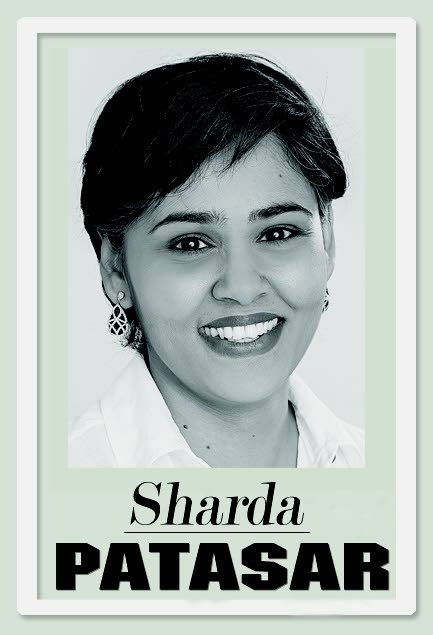Home is wherever ‘I’ am

This week, a friend, trying to turn her car in my very cramped yard, did what I might call a rather unnecessary reverse, drive forward, reverse manoeuvre. Looking on laughing, I said,
“It’s all about the angles babay!”
“Aye! That is a good metaphor for life,” she said.
“True! You know this might end up in my column this week.”
“Well I hope when you are relating the story, that you tell people you have a two by four yard,” she retorted.
Truth be told, she is right. In another telling, the angle of focus makes the two by four a simple enough space to navigate, if of course we are willing to dispense with the idea of straight lines and conventional manoeuvres.
Over a week ago, at the Cropper Foundation’s Creative Writing Workshop fundraiser, I was invited along with poet Andre Bagoo to speak about ideas of home in literature and music. I was, needless to say, excited about the topic for it was one that I had been exploring from different angles: through thoughts on environment, LGBTQ issues, personal events and such. A closer look might reveal that any discussion on identity, nationhood, patriotism, citizenship, inevitably circles back to how we think of this idea of home – as a political, social, economic and cultural entity.
Given the recent influx of Venezuelan refugees and workers to the island, the idea of home is of even more importance as a national discussion. Over the last two weeks, I have had friends – Trinidadians – report incidents of verbal abuse and remarks about going back to where they came from. It is a xenophobia that is startling, but not unsurprising. Some social media posts, which come up on my feed from time to time, lament a Trinidad individuals don’t know because of such recent episodes of intolerance. The question of how we felt about the Venezuelan crisis arose at the Cropper discussion, one that both Andre and I answered, essentially on similar pages, that home is an idea that we constantly revise.
To break this down, I quote a little anecdote from David Foster Wallace’s 2005 commencement speech to graduates of Kenyon College, This is Water. An older fish, passing two younger fish one morning called out to them, “How’s the water this morning boys?”
The younger ones continued swimming and then one turned to the other and asked, “What the heck is water?”
And I ask, “What the heck is Trinidad? And where is it?”
The lesson of the fish is a lesson in awareness. And while Wallace’s speech was about the value of a humanities education and its uses for living a meaningful life, I take it further to examine the notion of home, because how we construct ‘home’ is an exercise in awareness.
If home is a static concept – “This is Trinidad that I know” – then no wonder we have seemingly strong negative emotional reactions like we are experiencing now with the influx of new migrants to the land. And again, like most weeks, I ask that we step back and look from afar. What does this do to our sense of space? If we think of home in a literal sense, it is a space that is yours, where a common feeling is familiarity. It is the reason why, when we migrate to another land, that our music, our cuisine or the sound of the Trinidadian accent in some random train station, make our hearts lighter. Familiarity. Basically, migrants and the entire political scenario that is unfolding before us, is soon going to create a space that is unfamiliar in many ways and it is this unfamiliar with which many citizens have already started to grapple
However, should we approach the migrant issue from the angle of “home is a fluid space”, meaning, that Trinidad is not “this” or “that” but a space like any other where the furniture can be rearranged, where we can put in an extra room or renovate the living room area, then perhaps the transition can be gentler. In a sense like most physical homes, this too is “change-able”. But we have to be ready for this. In the circus, there are still nets to catch a falling performer because angles can be miscalculated.
New migrations change the social dynamics of a country. It pushes us to redefine the landscape and ourselves in it, in many different ways. Whether the citizenry is ready for this re-visioning of their versions of Trinidad depends on people’s sense of security.
In a time of our own economic and social troubles, it will be unfair to condemn citizens for aggression because acceptance of change is always dependent on how secure we feel, in ourselves, and the security of our space.

Comments
"Home is wherever ‘I’ am"